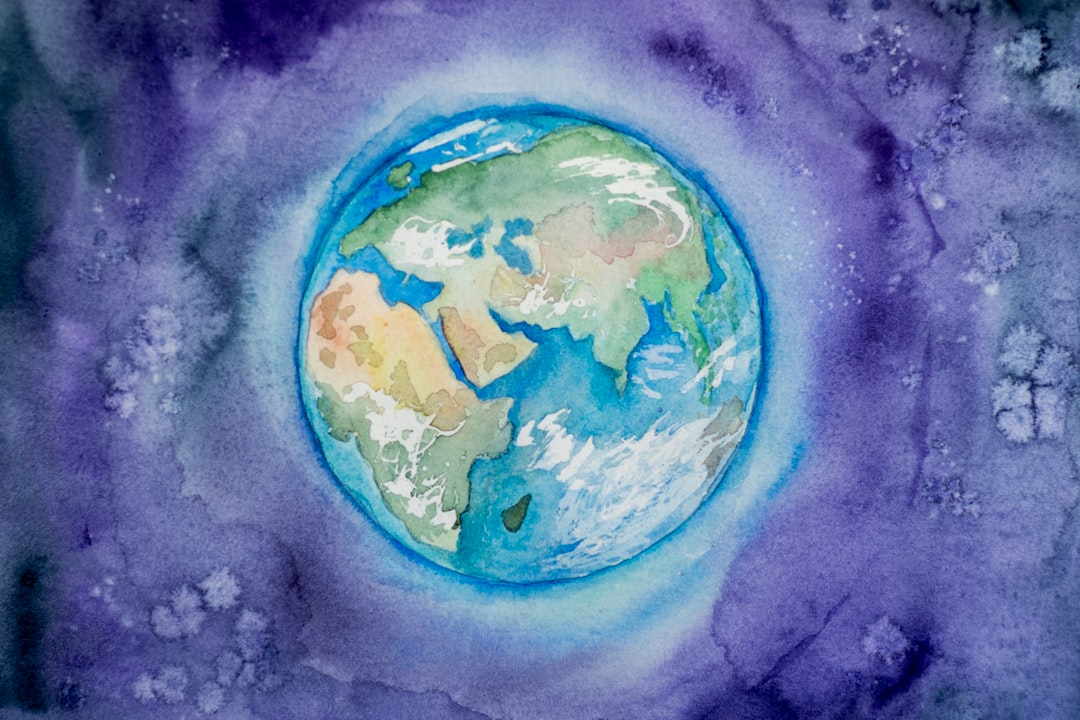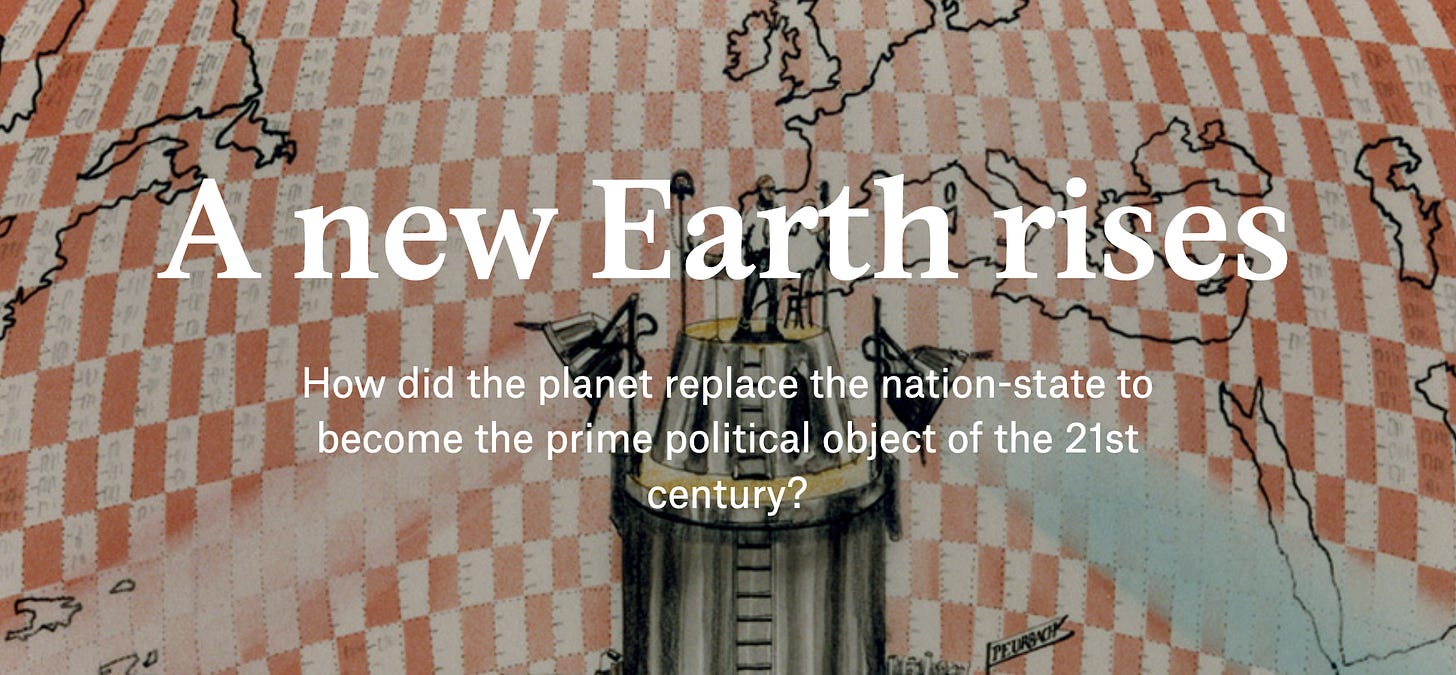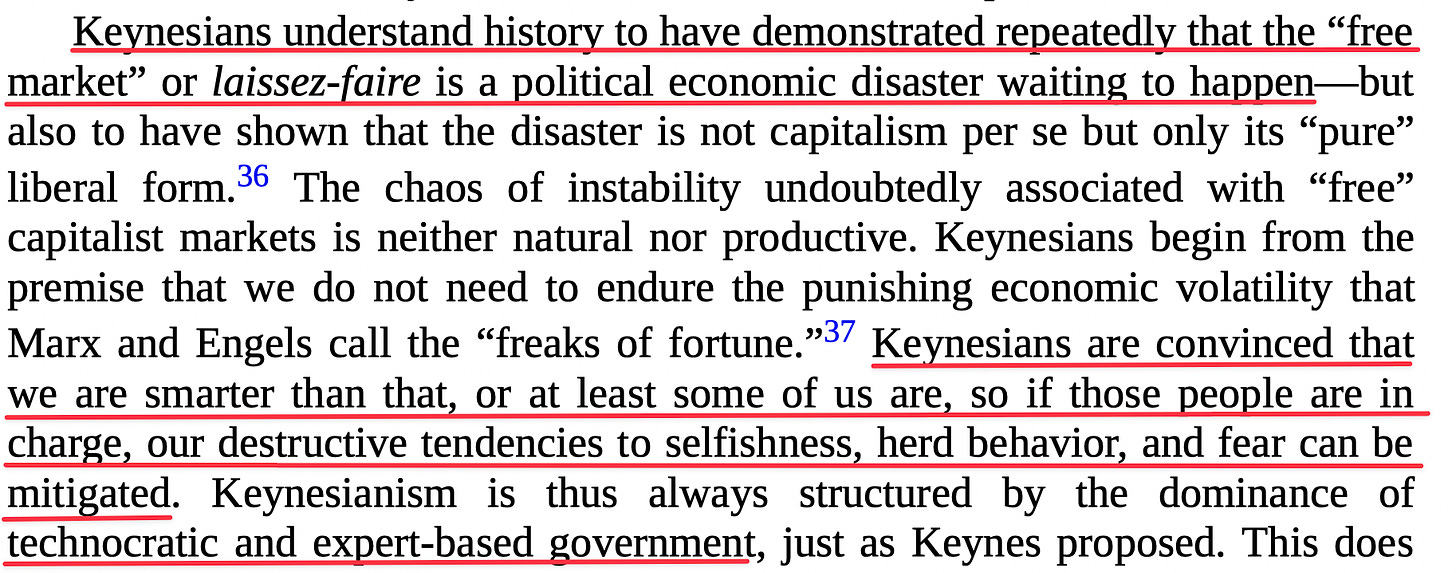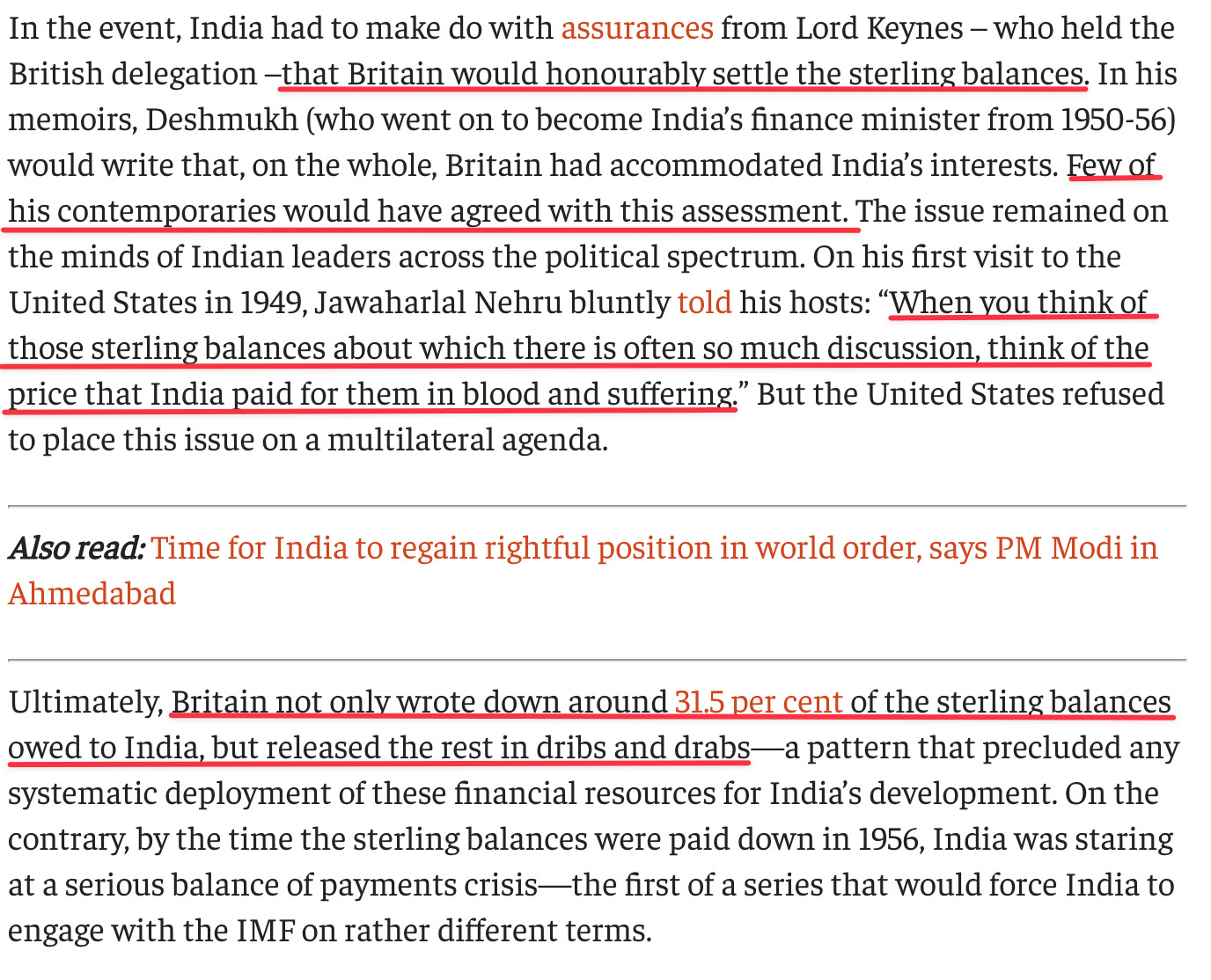
Today’s update is the last one on Climate Leviathan - I am mostly done with the book and the remaining arguments are repetitive. The central conundrum the book poses is the following:
With Communism dead and buried, the only framework with global provenance is the liberalism. To paraphrase Tolstoy in Anna Karenina,
all happy nations are liberal while every unhappy nation is illiberal in its own way.
We can see the grip of liberalism in every international institution - from the UN to the World Bank and the IMF and the COP process, the only available frameworks for international cooperation and collective action are liberal and - tacitly - backstopped by American hegemony.
The transition from the global, whose flows are primarily economic, to the planetary, whose flows are primarily ecological, is an urgent need but the only muscle memory we have for doing so is what’s been created by the liberal hegemony of the past seventy five years.
Some think that hegemony is dead or dying, with a Chinese led authoritarian alternative rising by the day, with the pandemic followed by the war in Ukraine accelerating that process. The west is using finance and sanctions while China and others are using commodities as their currency.
The situation today is somewhat like decolonization in 1945, after the end of the World War. The colonists were leaving one by one but the only institutions the newly independent countries had at their disposal were colonial ones. Plus, the local elites were invariably absorbed into the (liberal) colonial apparatus, and yet, paradoxically, it’s their nationalist consciousness that drove independence struggles throughout the world. The nation as a political entity was imagined as a community by these elites. Similarly, it’s a section of the global elite whose changing consciousness helps imagine a planetary community and lays the grounds for a planetary politics.
This elite speaks through a well recognized set of codes: belief in science and technology, global accords and other coordinating mechanisms, market and finance. Together, they form a way of knowing the earth and the liberal view of progress might say: we have the capacity to self-correct based on new data.
That claim is echoed by the most prestigious institutions of the liberal world. Here’s some publicity material from MIT’s new climate grand challenge initiative called “Computing our Climate Future”
That’s the neoliberal approach to the planet in a sentence: bring the best experts on climate science and climate policy in room, surround them with the best climate models and crank out future scenarios by the dozen. For the neoliberals, climate change is a very large but solvable crisis, i.e., a phenomenon well understood within the history of the capitalist system. Internal contradictions within that system (say, between energy needs and carbon emissions) prompt institutions to reconsider, correct their course and create new knowledge products and markets for solving climate change. However, crisis isn’t the only possibility - there’s also catastrophe, an event that ends civilization for good. It was the fear of catastrophe that prompted Keynes to imagine a different system:
The Keynesians are confident that a new class of philosopher kings are up to the task of managing the planet for everyone else
Is this possible? Can we all prosper in the now ‘traditional’ sense of material production and consumption while also remaining sustainable? That’s the premise of Green New Deal talk across the world.
The alternative view of the same developments: knowing, measuring and managing the planet is continuous with the colonial enterprise of measuring and knowing the populations and geographies they colonized and whatever imperial expansion needed to extract profit. Keynes himself was deeply implicated in the colonial enterprise and didn’t care much about Britain repaying its debts to the colonies or the human cost in the colonies of the wars started by the imperialists. During the Bretton-Woods conference:
We are no longer in the era of the climate crisis - climate catastrophe is looming over us, if it’s not already there.
If the planet has become a political object, it will be the most contested object in the history of humanity. Gone are the days when the planet is assimilated into the ‘natural,’ with its well defined boundaries and objective scientific predictions.
Neither the human nor the other planetary forces are unified - unity is always falling apart and neither the natural nor the social are wholes that signify holiness. The past seventy five years are to planetary colonization that the European conquest of the Americas was to settler colonialism: rapacious, ecocidal and utterly convinced about the superiority of our religion (Christianity then and Capitalism now).
The Climate Leviathan seeks to ‘civilize’ that impulse through liberal planetary governance, but it suffers from a major problem - it’s structurally organized to extract and exploit the non-human world. Capitalism is first and foremost a system of twisting and shaping nature for the purposes of accumulation. Attempts to pass welfare measures (conservation biology, environmental laws etc) can win a fight here and there, but they’re losing the war on a terrain constantly being reset by the Matrix.
What we really need is decolonization, not benign imperialism.
For what else is globalization but the colonizing of the earth by the market? What does decolonization look like and what means do we have at our disposal to do so? What inherited institutions from the global colonial era are useful for this new imagination of an independent planet?













